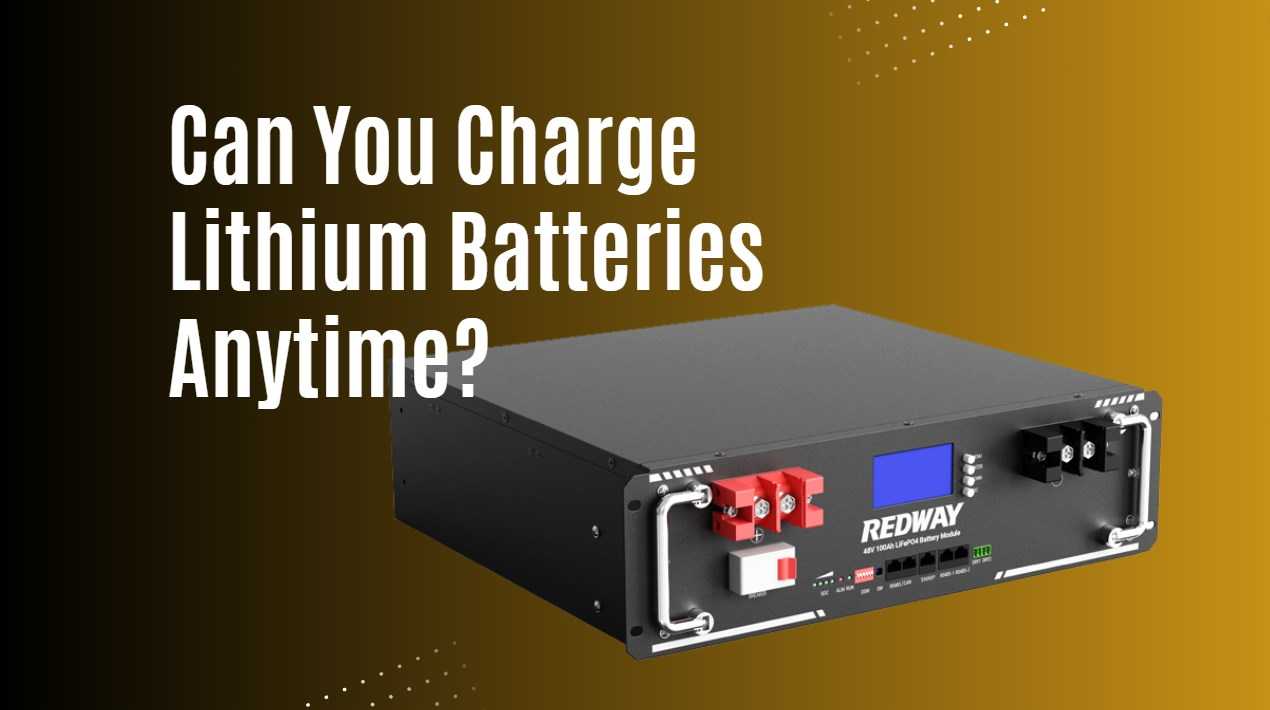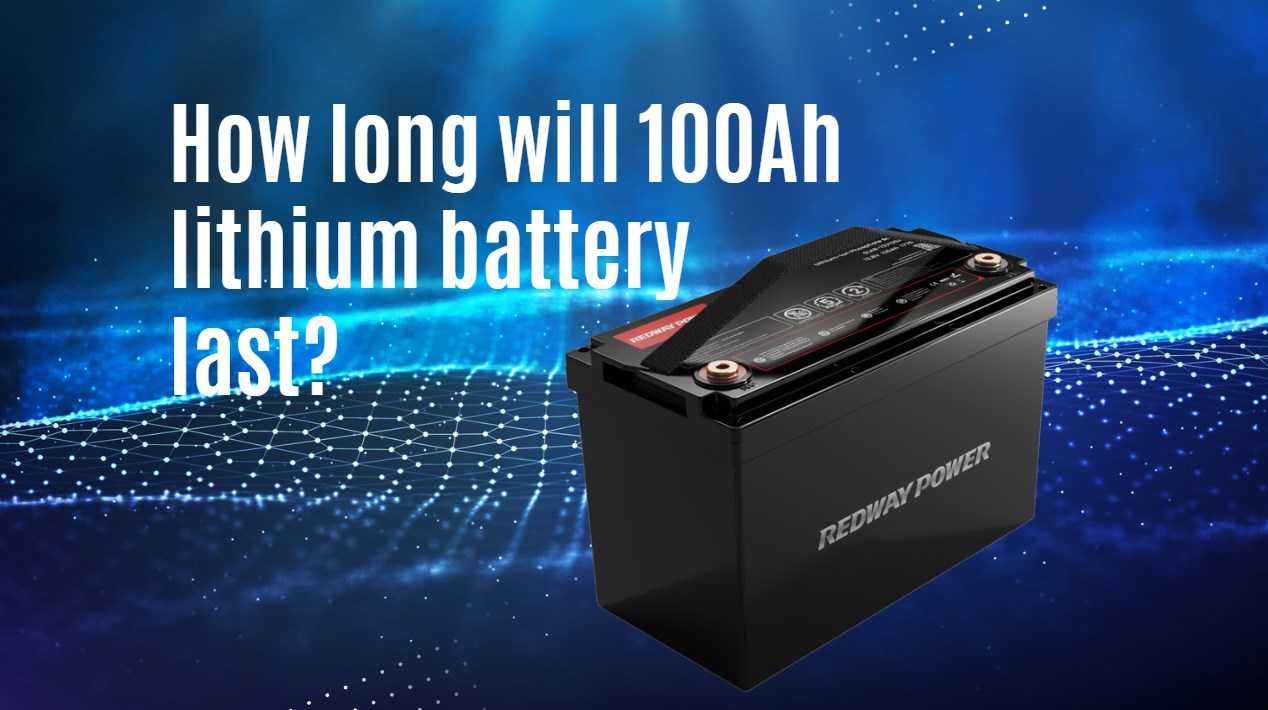Can You Charge Lithium Batteries Anytime?
Yes, you can charge lithium batteries at various times, but it’s essential to follow specific guidelines for optimal safety and performance. Charging lithium batteries when they are at a low state of charge is generally acceptable, but avoid charging them when they are excessively hot or cold, as this can affect their lifespan and efficiency.
Understanding Lithium Battery Charging
Lithium-ion batteries are widely used in various applications, from smartphones to electric vehicles. They offer numerous advantages, including high energy density and longer lifespans compared to traditional battery types. However, improper charging can lead to safety risks, including overheating, fire, or even explosions.
Optimal Charging Conditions
- Temperature Considerations:
- Lithium batteries should ideally be charged at room temperature (around 20°C to 25°C). Charging at temperatures below freezing or above 45°C can damage the battery and reduce its lifespan.
- If a battery feels hot to the touch, allow it to cool down before charging.
- State of Charge:
- It’s best to charge lithium batteries when they reach a low state of charge (around 20% to 30%). Regularly discharging them fully can lead to decreased capacity over time.
- Frequent partial charges are acceptable and can help maintain battery health.
- Use of Proper Chargers:
- Always use the charger that comes with the battery or a manufacturer-approved charger. Using non-compatible chargers can lead to overcharging and overheating.
- Monitoring During Charging:
- If possible, monitor the charging process. Avoid leaving batteries unattended while charging, especially high-capacity batteries used in e-bikes or electric vehicles.
Safety Precautions When Charging Lithium Batteries
To minimize risks when charging lithium batteries, consider the following safety measures:
- Avoid Flammable Materials: Do not charge batteries near combustible materials or in areas where flammable gases may accumulate.
- Ventilation: Charge in well-ventilated areas to disperse any gases that may be released during charging.
- Inspect for Damage: Regularly check the battery for signs of wear or damage. Do not charge damaged batteries as they pose a higher risk of failure.
- Disconnect After Charging: Once the battery is fully charged, disconnect it from the charger to prevent overcharging.
Latest News on Lithium Battery Charging Safety
- Regulatory Updates: Recent regulations emphasize stricter safety standards for lithium battery manufacturing and charging practices, aiming to reduce fire hazards.
- Technological Advancements: New technologies are being developed to improve battery management systems that monitor temperature and charge levels more effectively.
- Public Awareness Campaigns: Organizations are launching initiatives to educate consumers on safe charging practices for lithium-ion batteries to prevent accidents.
Redway Expert Comment
“As experts in lithium LiFePO4 battery technology, we emphasize that while you can charge lithium batteries at various times, adhering to recommended practices is crucial for safety and longevity. Proper temperature management and using compatible chargers are key factors in ensuring optimal performance and reducing risks associated with battery charging.”
Conclusion
In summary, you can charge lithium batteries at different times as long as you follow specific guidelines regarding temperature and state of charge. By ensuring proper handling and monitoring during the charging process, users can enjoy the benefits of lithium technology while minimizing safety risks. Always prioritize safety by using appropriate chargers and maintaining awareness of the battery’s condition during charging.




